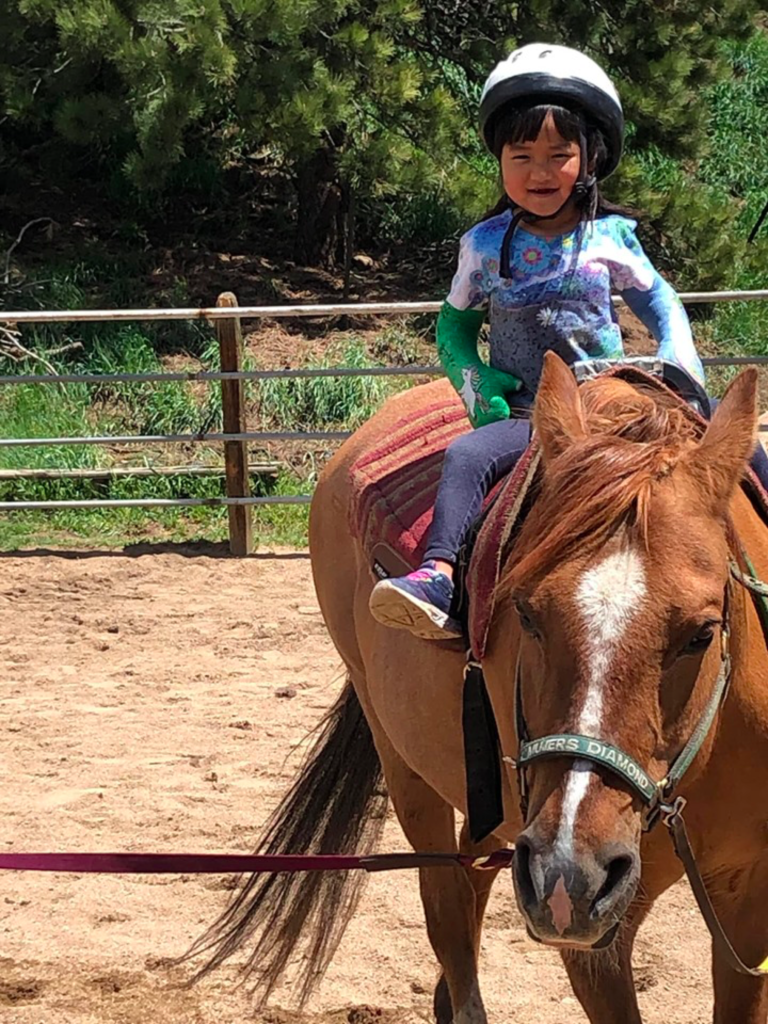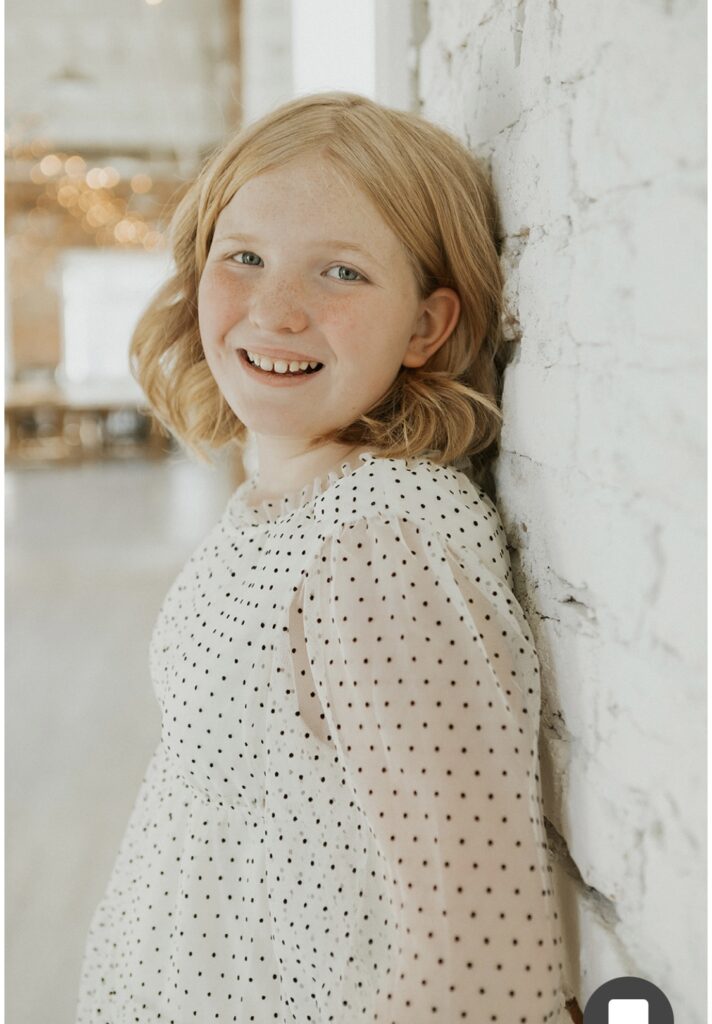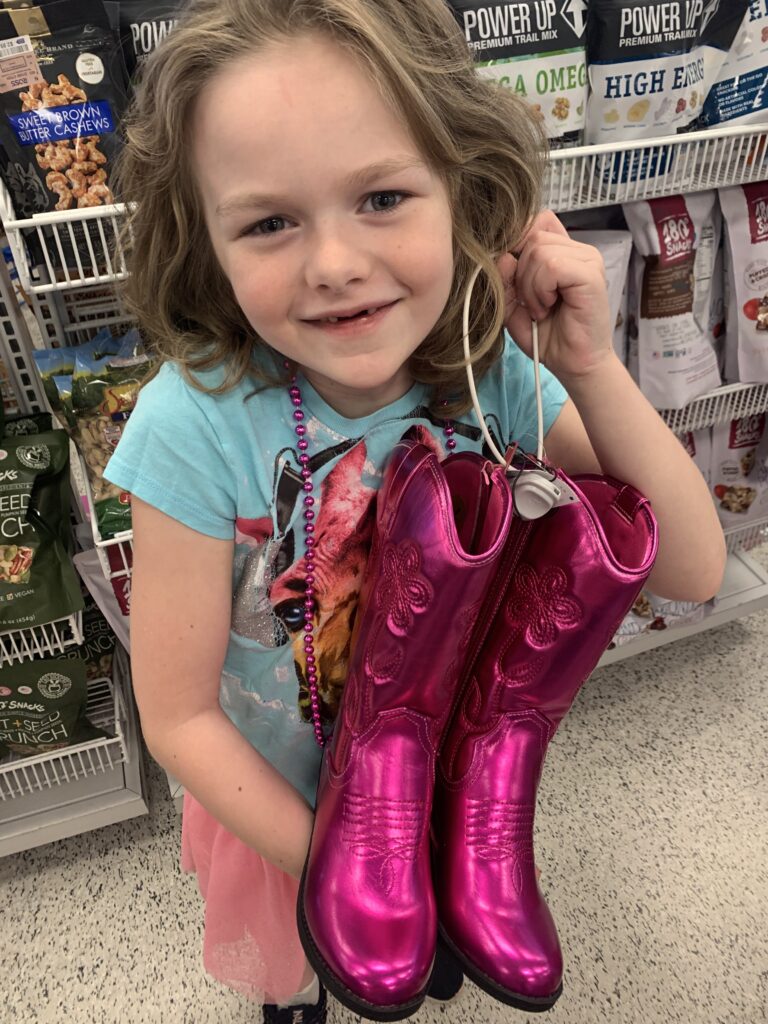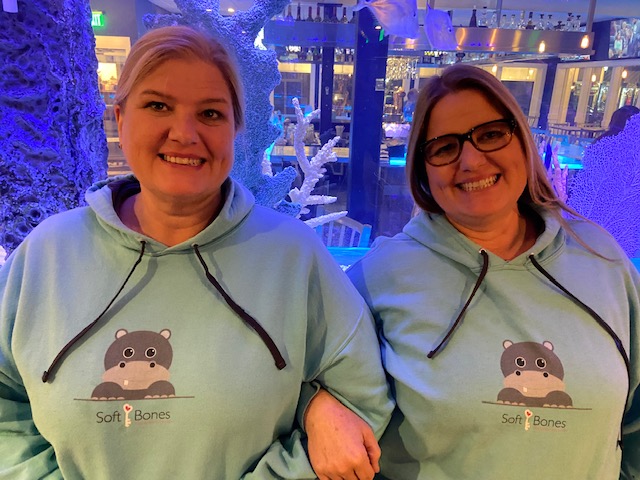Mei Mei’s Story

Not long ago, Becky R. and her husband adopted a little baby girl, Mei Mei, from China. When she was first adopted, doctors were worried that Mei Mei had a syndrome because of her club hands, club feet, and short stature. However, after extensive blood work, full body x-rays, ruling out heart issues, and visiting the dentist, the family learned that Mei Mei actually has a rare genetic bone disease known as Hypophosphatasia.
Hypophosphatasia is not associated with clubbed hands and feet. That is just a coincidence. As a result of the disease, Mei Mei is losing her baby teeth. She has two teeth that are growing in fused together. However, only her bottom teeth are loose and the others are solid. Becky, Mei Mei’s mother, observes that it seems like the adult teeth are not impacted by the disease. There are days when Mei Mei screams and cries when her mother is brushing her teeth, no matter how gentle she is. Despite this pain, Mei Mei bounces back with hugs and smiles.
Mei Mei has constant pain in her bones, and her parents can tell because there are days when they can’t touch her legs with lotion or bathing without her fussing in pain. She has gone through several casts on her hands and currently wears removable casts at night and they are very uncomfortable for her. But during each cast change, she holds her hands up for her occupational therapist to make another set. Mei Mei is very cooperative and understanding, given her condition.
Mei Mei could have spinal issues growing up as her bones are curved. Mei Mei may have soft, weak bones that break easily, which means a lot of x-rays for this little girl. Mei Mei will make many visits to orthopedists, endocrinologists, dentists, her pediatrician, lab technicians, x-ray technicians, potential research doctors, pain specialists, and physical therapists throughout her life. However, Mei Mei will not live in a bubble. She is a very strong and determined little girl with a lot of heart. Judging by her personality, she will not let this disease hold her back.
When people learn about Mei Mei’s disease, they tend to ask Becky how she is dealing with her child having Hypophosphatasia. Becky’s response is always that she is thriving, and loving her child more and more each day. Becky recognizes that it is her child that has the disease, not her, and her challenge will be watching her daughter struggle. However, Becky is amazed by Mei Mei’s strength and attitude towards the disease, and it only inspires and makes her proud. The diagnosis has taught Becky a ton, and through the diagnosis she has met so many wonderful people that have provided support.
Hypophosphatasia is so rare that only 1 in 100,000 children are diagnosed with it. However, there are many that go undiagnosed or misdiagnosed, especially in rural China. This rare bone disease kills 50% of people born with it, and those outside of the United States have an even lower rate of survival. This is why it is so important to share stories, such as Mei Mei’s, in order to increase awareness and inform more people on the disease of HPP, so that more lives can be saved and more people can be helped.







Responses